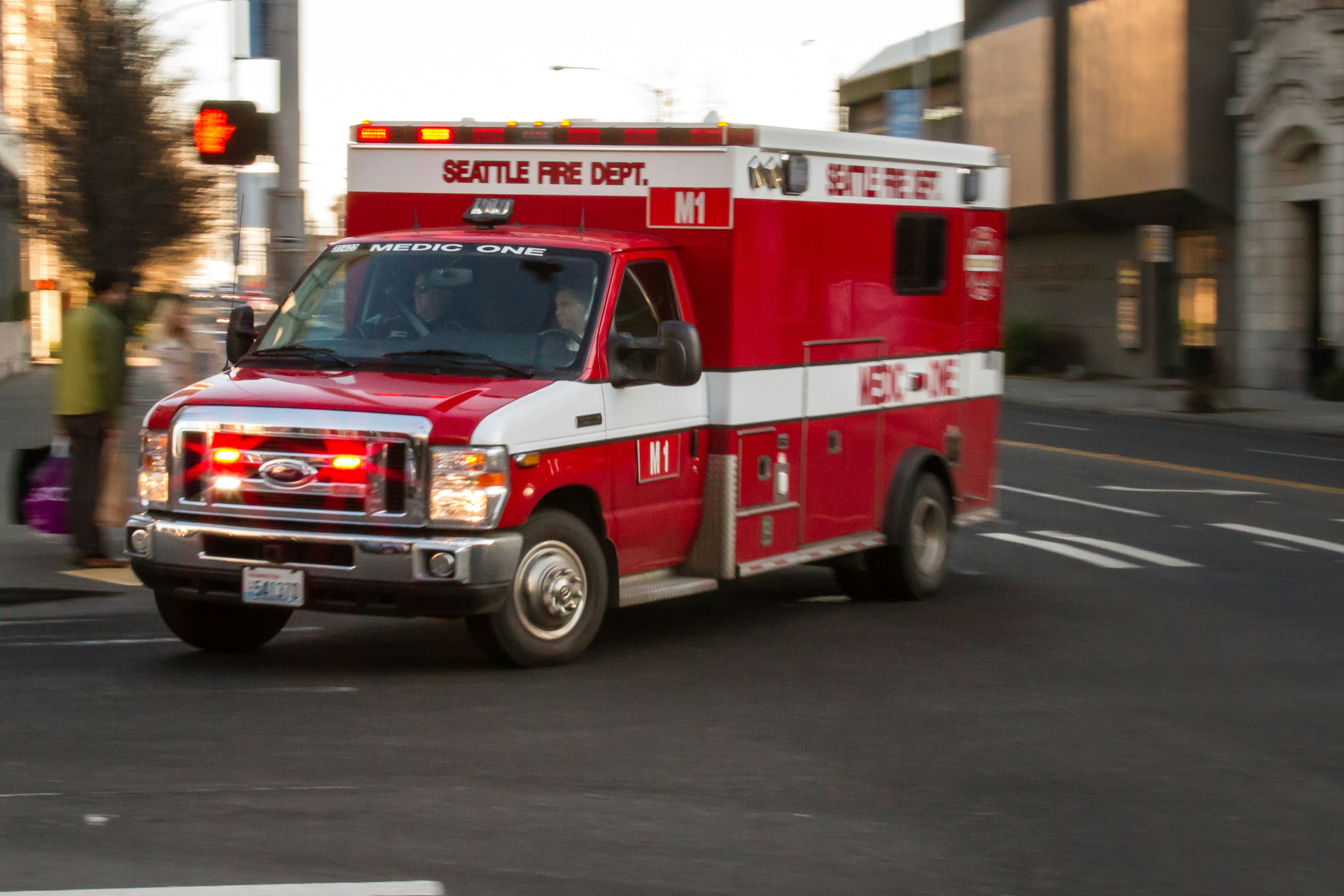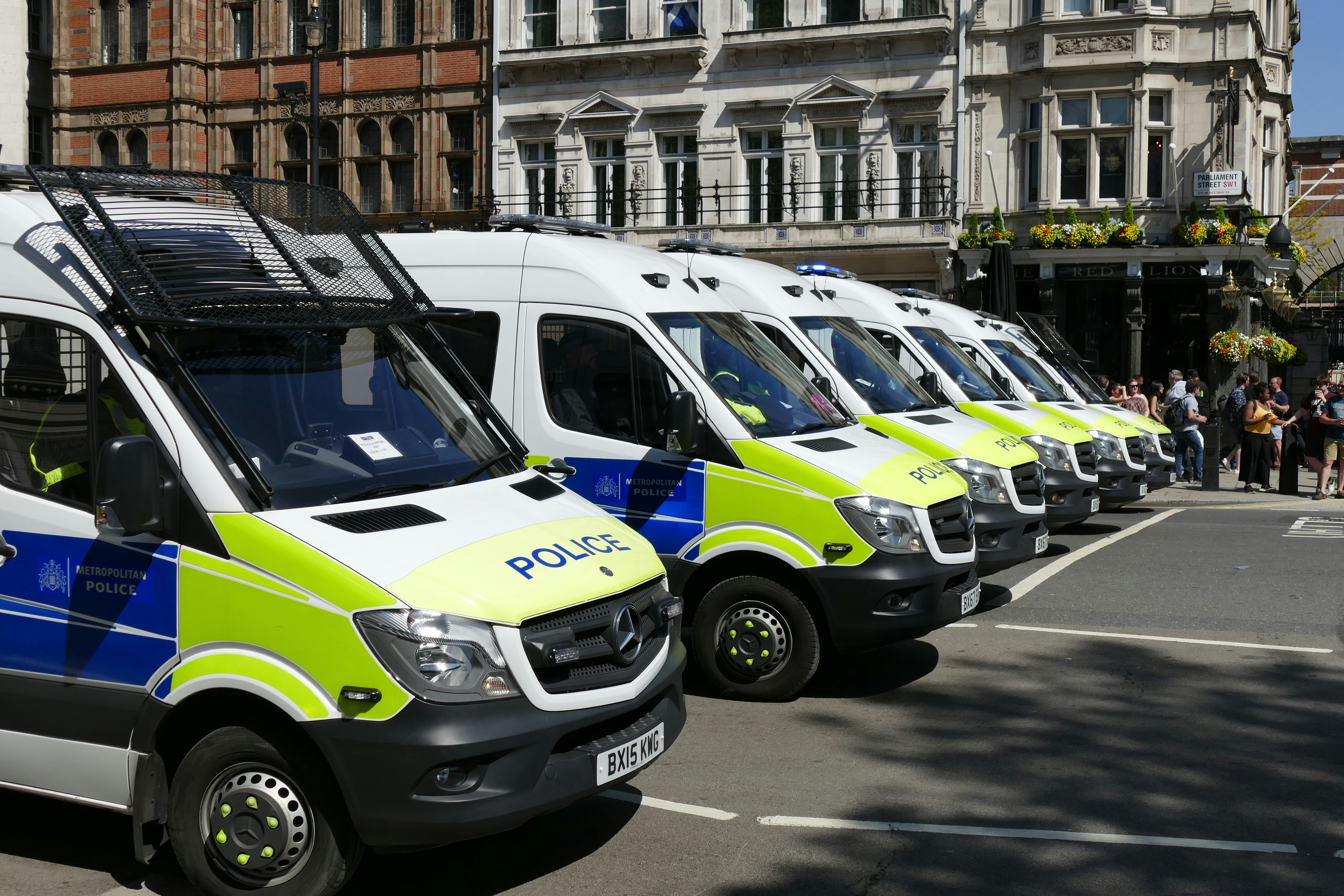In the event of injury or illness, there is an instinct to immediately call an ambulance. After all, if in doubt, we are taught to seek emergency services in these situations, regardless.
However, there are times when we have to question whether or not calling an ambulance is the right move to make, considering the exorbitant costs it could have depending on your health insurance. Therefore, it’s important to review an insurer and their policies to learn which one may be best suited to you in the event of an emergency medical expense.

Ambulance Cover
According to officials in Australia, there were roughly 4.3 million ambulance service responses, deployed to treat about 3.2 million patients.
However, depending on where you live, your health insurance policy may not have ambulance cover. In some cases, your private health insurance plan may have such coverage, but with caps, policy limits, and even exclusions.
iSelect.com.au deals with some health insurers that are able to offer comprehensive ambulance cover throughout Australia. There are single and family policies with yearly premiums available, but you can also save money by including ambulance cover within your health insurance coverage.
Benefits of Ambulance Cover
Ambulance services, including emergency transport, are not covered by Medicare. The main benefit of having an ambulance cover is that it ensures you against the costs of those services. The average cost of ambulance transport in the state of Victoria is actually more than $1,100.
Some health insurance providers will give coverage for ambulance travel, while others may restrict it solely to ground travel or enforce other limitations. Your state of residence is a significant limitation, as ambulance cover will only cover services in the area in which you live, but not elsewhere in Australia.
Furthermore, some health insurance policies don’t cover what is referred to as “call-out” fees. These are when an ambulance treats you at the scene but doesn’t transport you to the hospital.

Other Things to Consider
One consideration for your health insurance coverage is to see if the policy covers you when traveling interstate. According to Krivitzky, Springer & Feldman, an accident attorney in Newfoundland, NJ, you should call an ambulance immediately after an automobile accident as victims are prone to developing injuries well after the event. Addressing serious personal injury is beneficial to personal injury claims for accident victims. Many policies do not cover the whole of Australia so it is important to review in the event of interstate difficulties.
Each state offers different Ambulance Cover concessions. For instance, pensioner concession cardholders are often granted free ambulance cover. Additionally, residents in Queensland and Tasmania have state-funded Ambulance Cover. However, in other states, pricing for this type of health insurance coverage can vary based on insurance company and location. For example, in New South Wales, cover averages around $382, whilst it averages at $967 in Western Australia.
It’s important to review your health insurance policy to see whether it only covers you for emergency situations, or if it also includes coverage for non-emergency situations as well. Plus, different health funds can define an “emergency” differently, so it is important to understand your insurer’s defined properties in cases of ambulance cover.
Health insurance policies should also be reviewed for “call-out” fees. You should also check with your insurer if there are any waiting periods for coverage, as well as if there are any co-payments towards an ambulance cover fee.
Lastly, you should check your ambulance cover under your insurance policy to see if it covers air ambulance, and other transports by state-approved private providers, to keep you prepared for when an emergency hits home.





